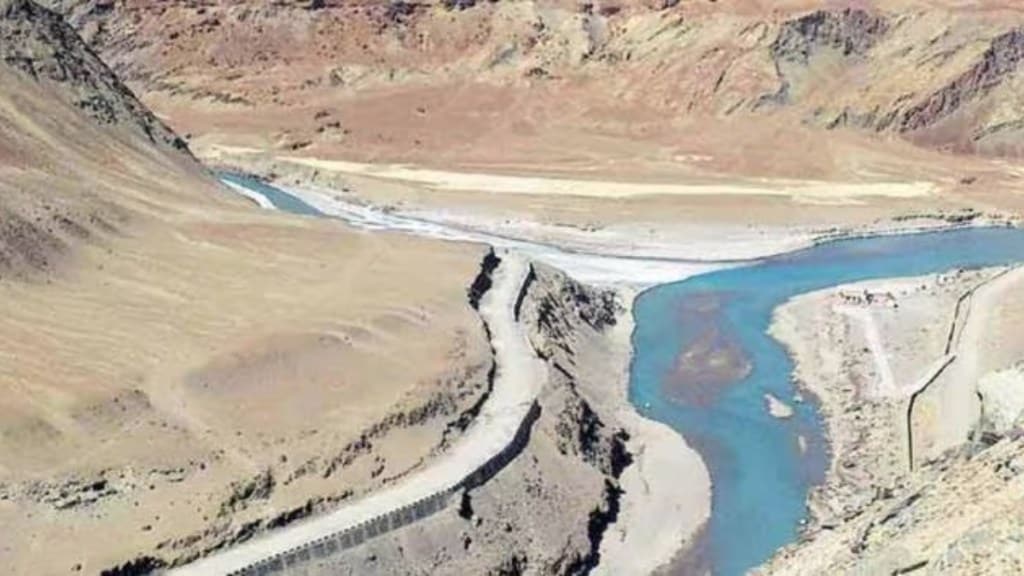Pakistan’s proposal to divert water from the Indus River for corporate farming sparked intense debate in the Senate on Tuesday, where lawmakers across party lines called for the issue to be addressed through the Council of Common Interests (CCI), a report by Dawn said.
Senators in Pakistan clash over Indus water diversion proposal
Sherry Rehman, Vice President of the Pakistan People’s Party (PPP) and Senate parliamentary leader, strongly criticised the plan to build six new canals without consulting key stakeholders. Speaking during an adjournment motion, she questioned the government’s silence on such a controversial project and urged transparency in addressing concerns. Rehman expressed disappointment that the CCI had not met for 11 months, and called for constitutional forums to resolve the matter.
Rehman emphasised that this move violated Sindh’s rights, particularly as the province was already suffering from issues caused by the Indus River System Authority (IRSA). She warned that the canal project could lead to the desertification of Sindh’s fertile lands, displacing millions and causing unemployment. Rehman argued that this would significantly harm agriculture and livelihoods in the region.
Syed Shibli Faraz, leader of the Opposition in the Senate, expressed confusion over Rehman’s complaints, noting that her party was a key ally of the ruling coalition. He reminded her that the CCI should handle such matters, though he lamented that the council had not been properly institutionalised. Kamran Murtaza of JUI-F argued that water distribution under the 1991 Water Accord was already problematic, with shortages facing many provinces. PPP Senator Jam Saifullah Khan warned that if the CCI did not address the issue, it would be taken to the Supreme Court’s Constitutional Bench.
Other senators also weighed in, with PML-N’s Irfan Siddiqui referencing the 1991 Water Accord, which allows provinces to use their allocated water share for construction. Senator Ali Zafar of PTI supported Rehman’s concerns, pointing out that water scarcity is a national issue compounded by inefficient systems, climate change, and overpopulation.
Water Resources Minister Musadik Malik denied the opposition’s claims, clarifying that no new dams or link canals were being constructed on the Indus River. He explained that the Cholistan Canal was being built on the Sutlej River, using water from Punjab’s share under the 1991 accord, and reassured that Sindh was not being deprived of its water. Malik also announced that a CCI meeting would be held soon, although Rehman requested that the issue be referred to a relevant committee for further clarity.
World Bank appointed Neutral Expert supports India’s stance on Kishenganga, Ratle hydroelectric Projects
On January 20, 2025, the Ministry of External Affairs (MEA) released a statement about the neutral expert’s authority to address certain issues related to projects under the Indus Waters Treaty. The release said that India has welcomed the decision made by the expert under Indus Waters Treaty, 1960. The decision supports India’s stance that all seven questions referred to him regarding the Kishenganga and Ratle hydroelectric projects fall within his authority under the Treaty.
The release further said that India has consistently maintained that only the neutral expert has the authority under the Treaty to resolve these differences. With the decision confirming his competence, the expert will now move to the next stage, where he will review the merits of each issue and provide a final decision.
India remains committed to upholding the Treaty’s integrity and will continue participating in the Neutral Expert process to resolve the differences according to the Treaty’s provisions. However, India does not recognize or participate in the parallel Court of Arbitration proceedings, which it views as being formed unlawfully.


